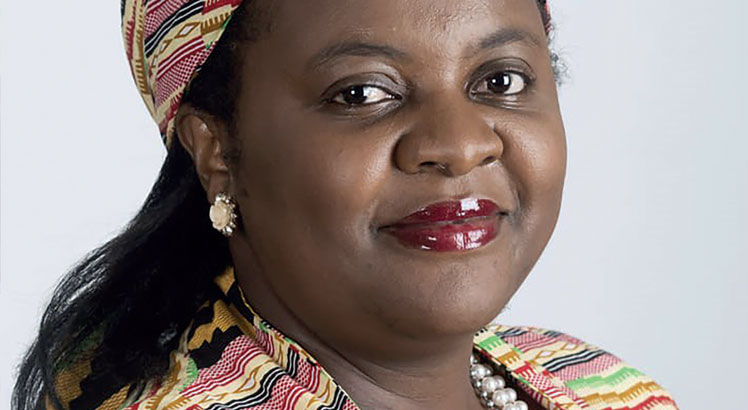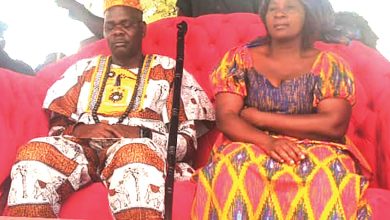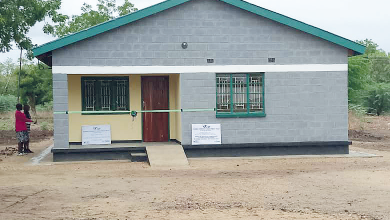APM’s speech earns praise for bold unity
President Peter Mutharika’s opening address at the 52nd Session of Parliament drew both praise and caution from across Malawi’s political and economic spectrum, with many calling it bold, ambitious, and unifying.
Mutharika acknowledged the country’s economic challenges, citing 28.2% inflation, 2.8% GDP growth, and a public debt of K21.6 trillion. He pledged to restore macroeconomic stability through renewed engagement with development partners, agricultural revitalisation, and reforms in energy, mining, and education.
He declared a national food crisis, revealing over four million Malawians face hunger. To address this, government has procured 200,000 met r i c tonnes of maize from Zambia and reintroduced the Farm Input Subsidy Programme ( FISP) , targeting 1.1 million small holder households with fertiliser priced at K10,000 per 50kg bag.
UTM spokesperson Felix Njawala praised the President’s tone as powerful and unifying, saying it resonated with a nation in crisis. He urged that unity be reflected in policies benefiting ordinary Malawians, not just elites.

speech:
Kambalame
Opposition PDP legislator Kondwani Nankhumwa criticised the address as recycled campaign promises, saying Malawians need delivery, not speeches. He noted Parliament would scrutinise how these pledges align with the national budget.
Minister of Natural Resources and Climate Change Jean Mathanga defended the agenda as realistic and implementation-focused. She highlighted the proposed Sovereign Wealth Fund, inspired by Botswana’s diamond success, and stressed the need to stop exporting raw minerals. She cited the resumption of uranium production at Kayelekera and feasibility studies at Kanyika, Kangankunde, Songwe, and Kasiya as part of mining reforms prioritising value addition.
Ma lawi Confederation of Chambers of Commerce and Industry (MCCCI) CEO Daisy Kambalame welcomed the focus on industrialisation and private-sector growth, noting it marked a shift from consumption to production. She emphasised that policy consistency, reliable power, and stable forex are essential for success.
Dr Eliya Zulu, executive director of AFIDEP, commended the President’s candid acknowledgment of economic cha l lenges but warned that progress depends on accountability and reform. He stressed that corruption, fiscal indiscipline, and inefficiency must be tackled, and urged Parliament to strengthen its oversight role.
“Hope alone will not transform Malawi,” Zulu said. “We must see accountability and measurable outcomes. Citizens and legislators alike must ensure that every kwacha spent delivers value.”
Meanwhile, the main opposition Malawi Congress Party, through presumed Leader of Opposition Simplex Chithyola Banda, withheld immediate comment, stating the party would respond officially during parliamentary debate





